Yes, it’s come to this. Renowned George Washington Law School professor and legal scholar Jonathan Turley is now calling for federal government action to protect free speech — particularly on the nation’s college campuses. Shocking? Not in the least; if anything, it should have happened long ago.
That reality is as profound as it is ominous. Here’s another:
In a recent email to The College Fix, Turley wrote:
The greatest danger is that the government will seek not to protect free speech but favor particular speech.
As I transcribed Professor Turley’s quote, I thought to myself: “Big Tech is already there; can the Democrat Party be far behind?” Then I thought, “It’s already trying like hell.”
At issue in Turley’s email was his July 9 article published by the Harvard Journal of Law and Public Policy titled Harm and Hegemony: The Decline of Free Speech in the United States, in which he defended limited government action to protect First Amendment rights. “My proposals are structured to confine government intervention to content-neutral measures that protect the diversity of viewpoints,” Turley told The Fix.
“Any effort to reinforce free speech values in the United States must focus on universities,” Turley wrote, “which play a vital role as enclaves for political and intellectual discourse.”
The most chilling examples of intolerance have come from campuses of higher education. Furthermore, the ultimate responsibility for the erosion of free speech values in our country […] rests with academics, journalists, and others who actively support actions taken against those with opposing views or stand silent.
Multiple examples of irony exist in Turley’s observation. “Higher education” in today’s no-longer hallowed halls of academia is anything but. Open discussion and vigorous debate — and dare I say disagreement —have been replaced by groupthink and threats of retribution against those who disagree.
The left’s definitions of tolerance and inclusion have been bastardized to now mean intolerance and exclusion of anyone who dares to not only not accept but openly embrace leftist ideology. Moreover, Turley’s observation about those with opposing views remaining silent — in large part due to the realities of my directly above paragraph — couldn’t be more spot-on.
Among Turley’s proposals are several solutions to free speech limitations on campuses, including making federal funding to state universities conditional upon compliance with principles of free speech. Amen.
Still, while calling for limited federal action, Turley also expressed reservations about taking government involvement too far, clarifying that “any measures to guarantee free expression must also balance the countervailing rights of groups and corporations, including their anti-free speech advocacy.”
Needless to say, America’s universities have turned the concept of free speech on its head. While decades ago, from Berkeley to the University of Wisconsin-Madison, college campuses were hotbeds of dissension and free speech, suppression of speech and blatant censorship are now the coin of the left-wing realm.
Observed Turley in the Harvard article:
Today’s advocates of harm-based speech controls flip this concept on its head in treating censorship as a type of self-defense. That is the flawed logic behind the now common position on campuses that blocking or interrupting speakers is itself a form of free speech. […]
Protests are not particularly dialogic for the opposing sides, but they are part of a larger dialogue in articulating positions and viewpoints. However, many protests today focus on stopping speech by entering speaking areas to scream or shout out speakers.
When does protest become the denial of free speech?
“It also occurs when protesters block entrances to speaking areas,” wrote Turley.
That is certainly a form of protest, but it is also designed to stop speech. Without the freedom of the expression to debate these questions, the meaning of the doctrine itself will be in danger of being lost, or enfeebled, and deprived of its vital effect on character and conduct. Contemporary anti-free speech arguments explicitly or implicitly reject the model of tolerance.
Finally, Turley told The Fix:
Free speech is like water: it tends to find a way out. It is in our DNA. These anti-free speech measures run against the natural inclination of people to express themselves and their viewpoints.
The bottom line:
The dangers described by Professor Truly are already here; from college campuses to corporations, to Facebook and Twitter, the so-called “mainstream” media, Disneyworld, and beyond.
While the concept of censorship is anathema to freedom-loving Americans, the notion that untold numbers of Americans are fearful of openly expressing their opinions is terrifying.
That last line, of course, has been the left’s intent from the beginning.
Related on RedState:
Progressive Columnist Displays His Ignorance on Free Speech in Attack Against Ben Shapiro
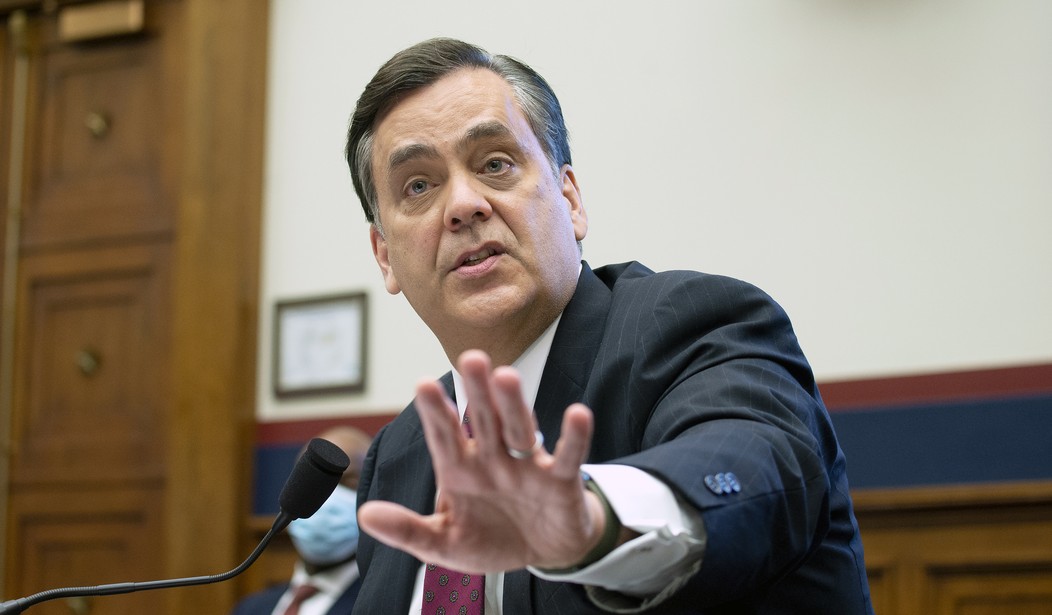


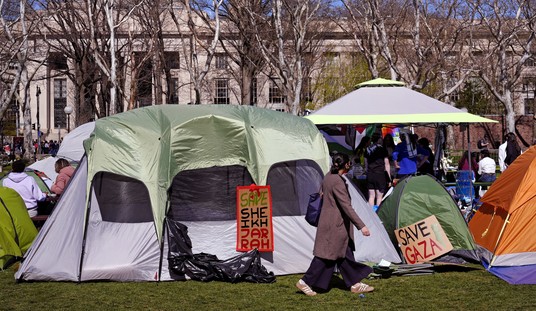

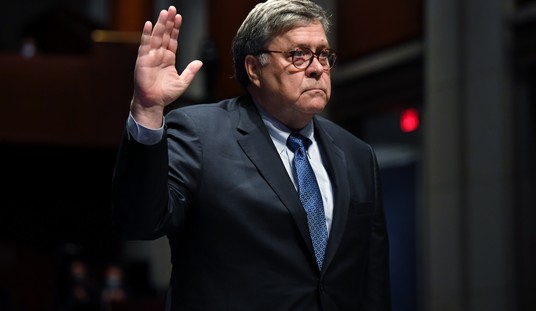
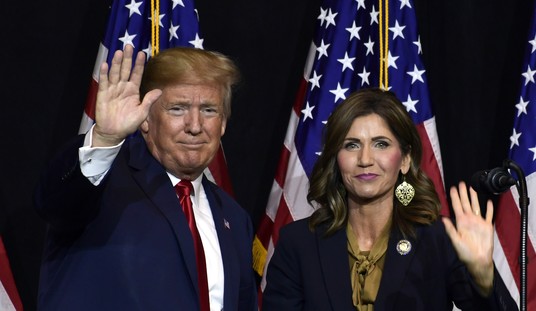



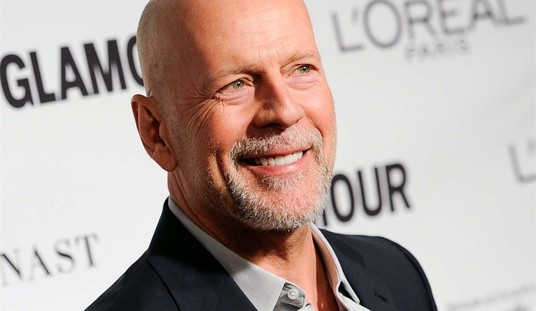
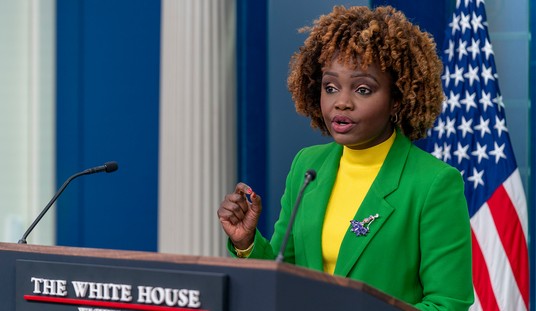


Join the conversation as a VIP Member